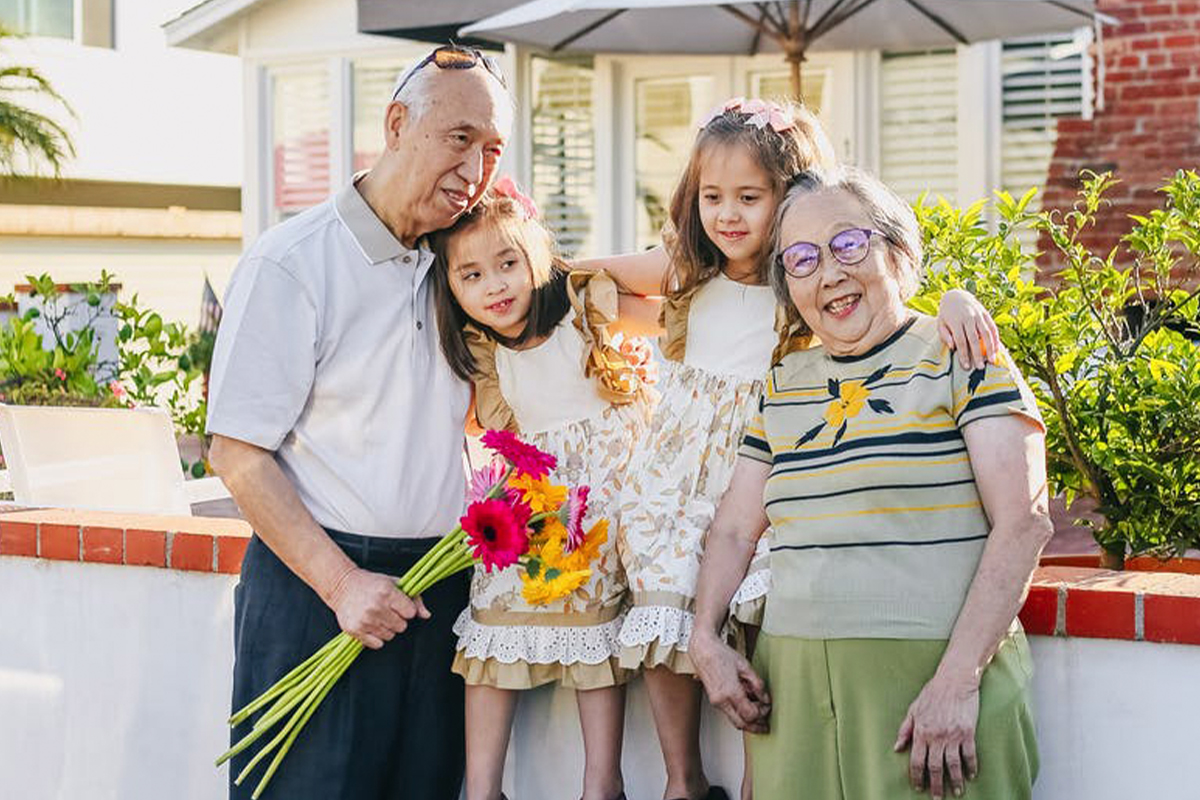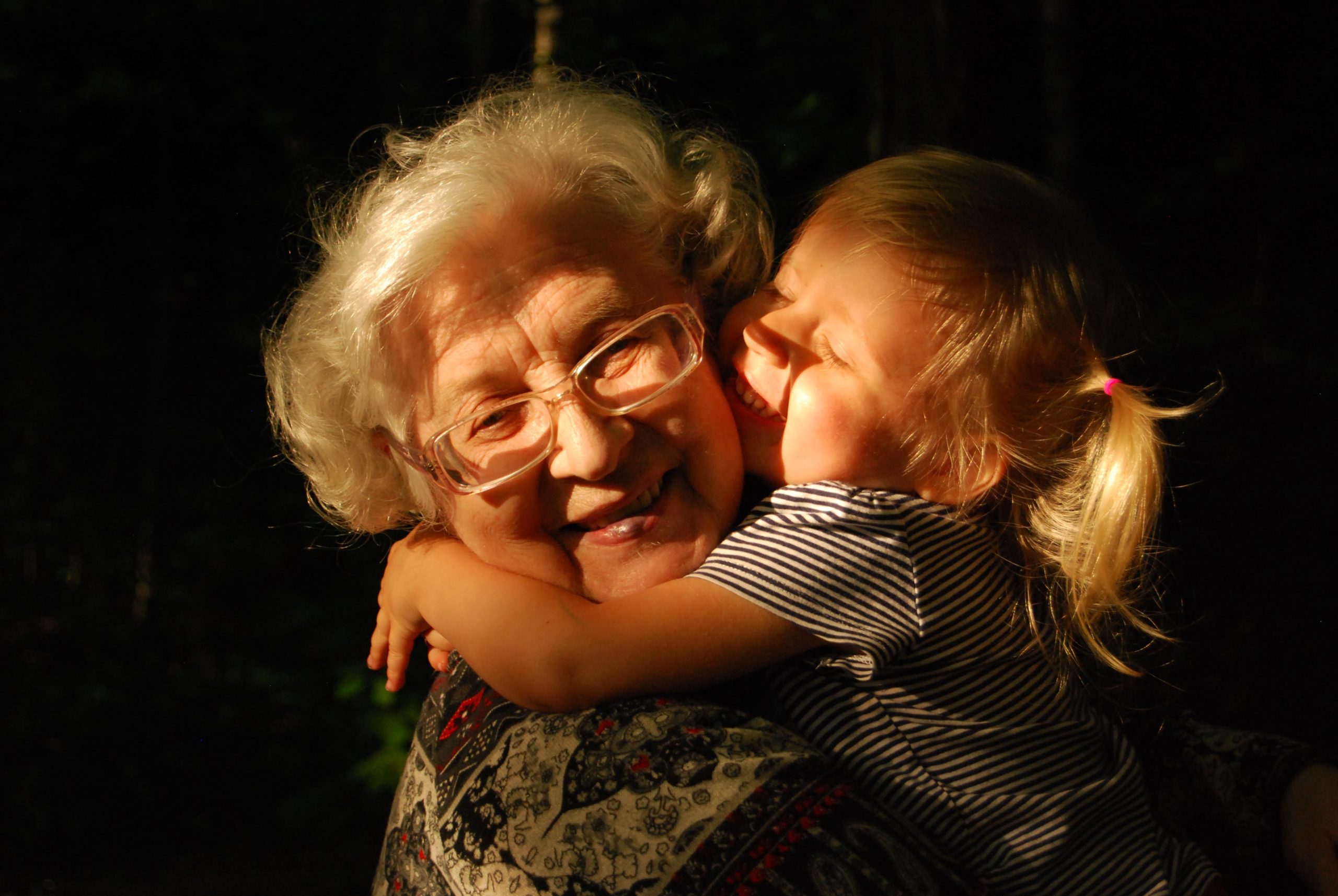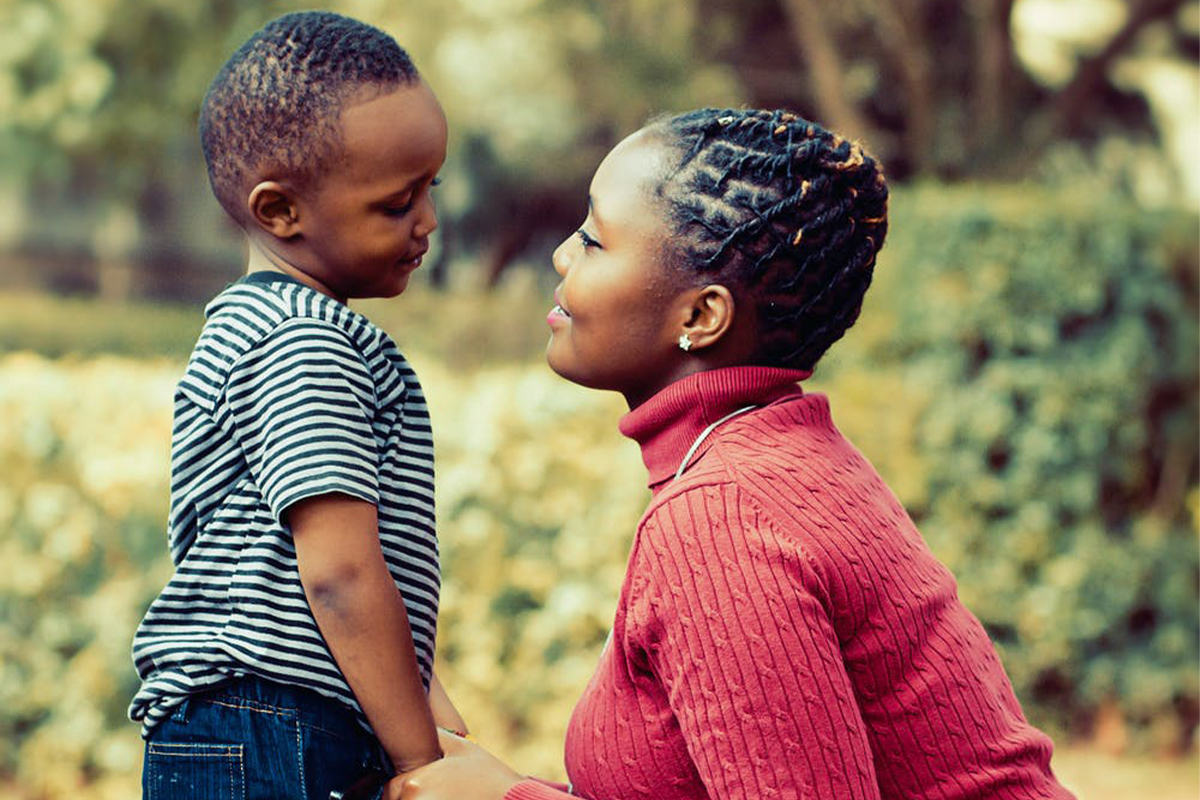Authors
Sameera S. Nayak, Carol Tobias, Jessica Wolfe, Kate Roper, Larisa Méndez-Peñate, Christy Moulin, Malika Arty, Arielle A. J. Scoglio, Amy Kelleher, Jacqueline Rue, Molly Brigham, Tarsha Bradshaw, Natasha Byars, Angelina Camacho, Sade Douglas & Beth E. Molnar
Abstract
This study explores the role of family partners, peer professionals with lived experiences of raising a child with behavioral health needs, and their value in primary and community-care based mental health services for young children aged 0–8 years. Interviews and focus groups were conducted with staff, leadership, and caregiver participants (n = 38) from two early childhood mental health programs and analyzed using thematic analysis.
Five interdependent themes emerged:
- the centrality of lived experience to the family partner role;
- the importance of the family partner in family engagement and relationship building;
- the value added by the family partner in navigating systems;
- the ability of the family partner to build skills
and empower caregivers; - the role of the family partner in alleviating caregiver stress and other mental health concerns.
Adapting and expanding the role of family partners will improve effective mental health care for children and their caregivers.



